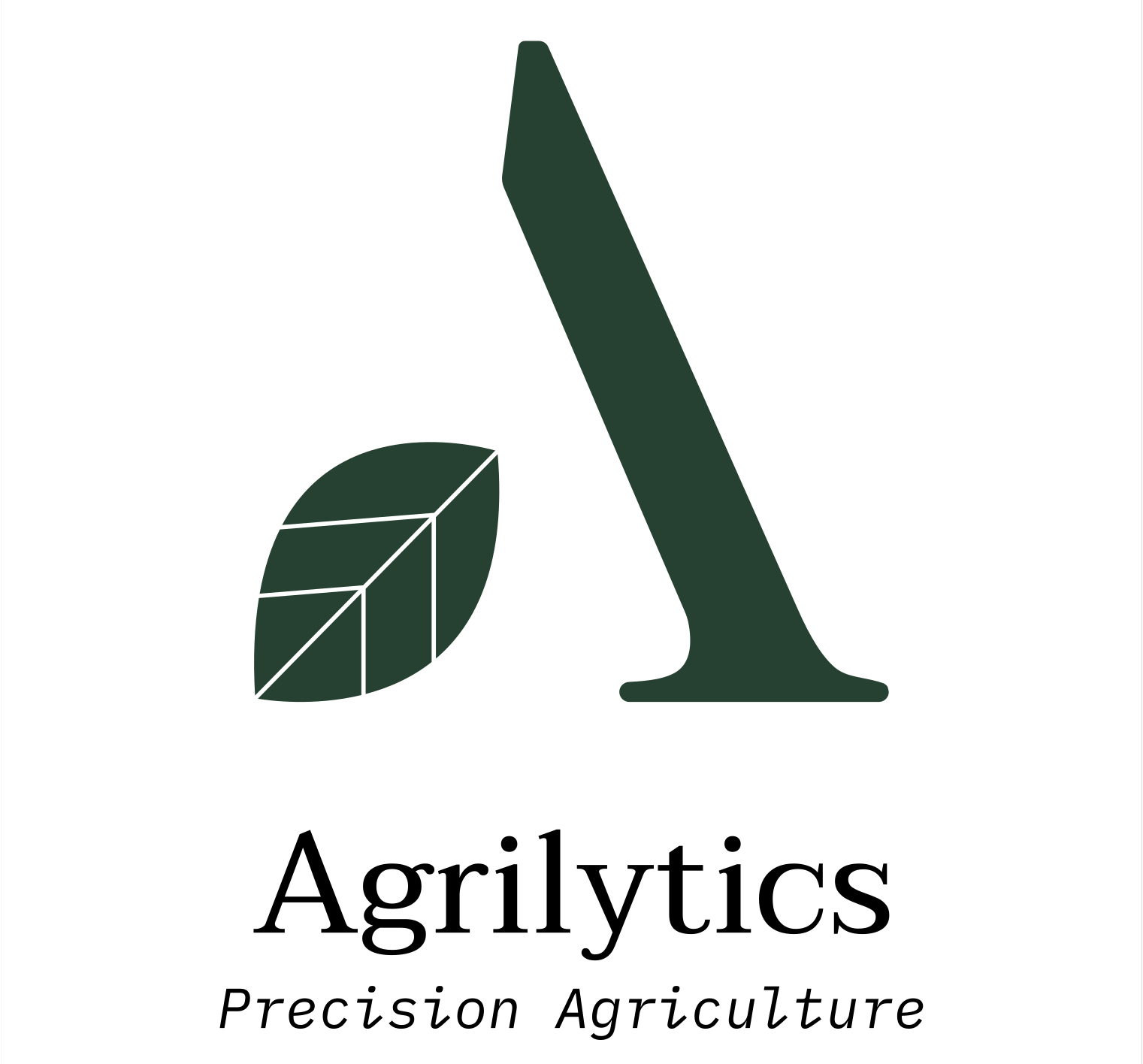In the dynamic realm of agriculture, innovation is the key to sustainable growth. Precision agriculture, a transformative approach that leverages technology and data-driven strategies, is leading the charge. This blog post illuminates the numerous advantages that precision agriculture offers to farmers, agribusinesses, and the environment.
1. Enhanced Resource Efficiency
Precision agriculture empowers farmers to allocate resources judiciously. By leveraging data on soil health, moisture levels, and crop conditions, farmers can tailor their inputs, such as water, fertilizers, and pesticides, to specific areas of their fields. This targeted approach minimizes waste, conserves resources, and ultimately leads to higher yields.
2. Increased Crop Yields
One of the most significant benefits of precision agriculture is the boost in crop productivity. By optimizing factors like irrigation, fertilization, and pest control, farmers can unlock the full genetic potential of their crops. This leads to healthier plants, more robust harvests, and increased profitability.
3. Improved Soil Health and Sustainability
Precision agriculture places a strong emphasis on soil health. By closely monitoring soil conditions and implementing practices like no-till farming and cover cropping, farmers can enhance soil structure and fertility. This not only leads to healthier crops but also contributes to long-term environmental sustainability.
4. Timely Decision-Making
Real-time data collection and analysis are at the heart of precision agriculture. Farmers have access to immediate insights about their fields, allowing for timely decision-making. Whether it’s adjusting irrigation schedules or identifying early signs of disease or pest infestations, precision agriculture equips farmers with the information they need to take action promptly.
5. Pest and Disease Management
Precision agriculture enables farmers to implement proactive pest and disease management strategies. By monitoring field conditions and pest populations, farmers can deploy targeted interventions only when necessary. This reduces the need for widespread chemical applications, minimizing environmental impact and preserving beneficial organisms.
6. Sustainable Water Management
In regions where water is a precious resource, precision agriculture plays a crucial role in sustainable water management. By accurately assessing soil moisture levels and employing precise irrigation techniques, farmers can optimize water use efficiency. This not only conserves water but also ensures that crops receive the right amount of hydration for optimal growth.
7. Data-Driven Business Insights
Precision agriculture generates a wealth of data that extends beyond the fields. By analyzing trends and patterns, farmers can make informed business decisions. This includes optimizing crop rotations, identifying high-performing varieties, and even exploring new market opportunities based on historical data.
Conclusion
Precision agriculture is not just a technological advancement; it’s a paradigm shift in how we approach farming. By harnessing the power of data, technology, and strategic decision-making, precision agriculture empowers farmers to cultivate the land more efficiently, sustainably, and profitably. As the agricultural landscape continues to evolve, precision agriculture will undoubtedly play a pivotal role in shaping the future of farming.

